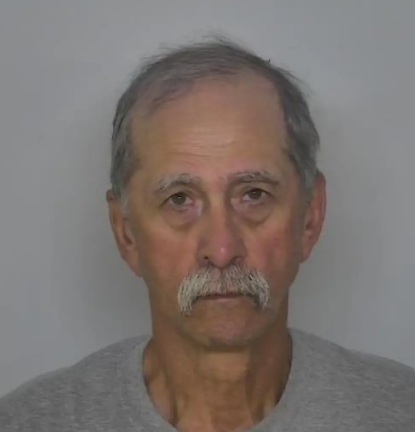Sexual Assault on College Campuses: It’s Happening
Songs like “I Love College” may glorify the college party life, but it’s in these very scenarios that sexual assault is happening.
According to the National Sexual Violence Resource Center, one in five women and one in 16 men are sexually assaulted while in college.
“College individuals are at high risk, it happens at all age groups, but they’re particularly at high risk for it to happen; happening,” said Kathy Smith of the Rape and Abuse Crisis Center.
But why are college students at higher risk?
Smith says college is a new environment with less supervision.
The new found freedom often blurs the line when it comes to morals.
Sexual assault is regularly a result of what people have accepted as “college students just being college students”.
Kelsey Keimig, Assistant Director of Sexual Assault Prevention at NDSU, says perpetrators often follow a similar prototype.
It’s what researchers call “Mr. Nice Guy” the desirable, popular person, making the victim feel lucky to even be talking to them.
“So when we have somebody with this sort of typology the way that they typically manifest their assaults on campuses is they go to a social situation,” said Keimig.
Statistics show eighty two percent of sexual assaults are perpetrated by someone the victim knows.
forty seven percent of those being a friend or acquaintance.
Keimig says alcohol and drugs can be a major factor, but there is often a crucial turning point, what the attacker says to persuade the victim.
“You don’t look like you’re feeling well; do you want to go lie down? Do you want me to walk you home? That separating statement is crucial,” said Keimig.
According to the Rape and Abuse Crisis Center most men in college have skewed definitions of masculinity.
“How are you with the chicks? How are you with the girls? What kind of car do you drive?,” said Smith.
Smith says this regularly shows in how college–aged men view sex and women. One student we spoke to agrees.
“I would say sexual assault now a days, guys feel like they are entitled to something. They feel like if they need something they can’t have they go to the depths of whatever they might need to try and get it,” said Stephen Williams freshman at NDSU.
So what can we do to change that?
Experts say putting an end to sexual assaults that occur on college campuses will take an effort from the community, it also will take a shift in the images that young people are bombarded by everyday.
Alexandra Kollman, senior at MSUM, says when it comes to sexual violence and popular media, “enough is enough”.
“We don’t need this, we don’t need the media to come in and push rape culture or anything like that,” said Alexandra Kollman.
One of the first steps toward prevention will rely on the community’s support in recognizing the needs of survivors, many of whom fear that they won’t be believed.
“Survivors of sexual assault need community, and they need people to believe that they have survived these acts of violence,” said Kandace Creel Falcón MSUM Director of Women’s Studies.
Sexual Assault on college campuses isn’t something that can be solved overnight, but for local colleges, education and prevention is where it can start.
NDSU and MSUM are already taking the necessary steps for prevention.
Every incoming freshman is required to complete sexual violence prevention training before starting classes.






